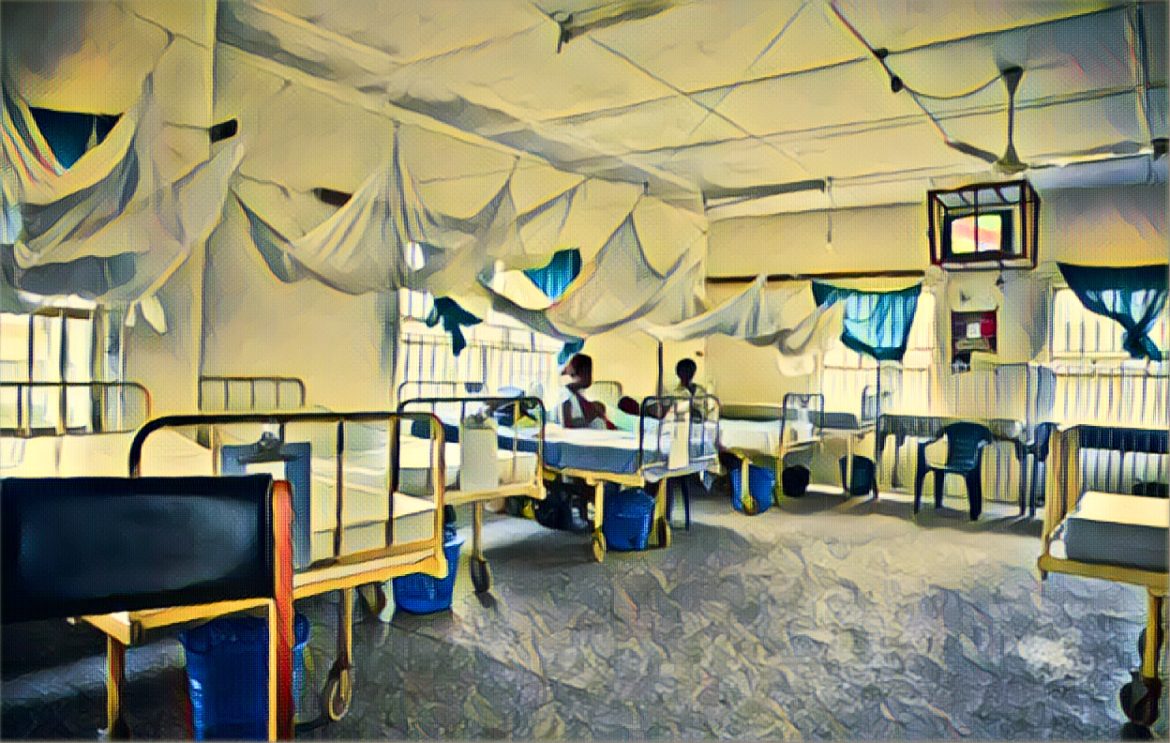As night descended around 7 pm, tension brewed among the students of Usmanu Danfodiyo University, Sokoto (UDUS). Small groups conversing near the Health Centre mirrored the rising unease, stemming from long waits for medical attention due to staff absence. This situation is a critical issue common in Nigerian universities.
Similarly, Amina, a third-year UDUS student, experienced weakness without receiving prompt care. Farther south at the University of Ibadan (UI), Tomi suffered due to delayed intervention at Jaja Clinic, leading to a worsened state.
At the Federal University of Technology, Akure (FUTA), students’ protests followed a preventable death, pinpointing the lack of crucial emergency provisions in school health facilities.
These centers, crucial for student welfare, are under critical examination. They battle with the strain of high patient turnout, compromising timely care and jeopardizing students’ health and academic prospects.
Despite their critical role, on-campus clinics often fall short in delivering quality service, especially in specialized care areas like mental health, now more pronounced with increased acknowledgment of psychological needs.
Experts push for better-equipped facilities, stressing the benefits of immediate and thorough care. However, stark student testimonials referring to these places as “death traps” indicate a desperate need for improvements.
Inquiries into various universities reveal consistent issues: missing staff, limited drugs, and apathetic personnel pointing to a broader crisis in student healthcare.
Mental health services, particularly lacking, barely exist within these facilities, despite a surge in student demand.
According to a report by The Guardian, past demonstrations, notably at UI and FUTA, highlight ongoing deficits and administrative neglect, adding to the tragedy. This persistent disregard challenges the institutions’ ethical responsibilities.
In FUTA and Adekunle Ajasin University, Akungba-Akoko (AAUA), students favor external medical services, outlining multiple deficiencies, such as lacking crucial services despite medical levies.
Accounts from individuals like FUTA’s Biola Omoniyi depict a dire state of limited drugs and poor emergency care, raising mortality concerns. Tales from AAUA echo concerns over wrong diagnoses and unsound advice, resulting in distrust.
The situation worsens at the University of Ibadan, with skilled professionals leaving, overwhelming the remaining few. The scarcity of drugs further downgrades care quality.
In contrast, students from Ekiti State University (EKSU) and Benue State University (BSU) lament a low staff-to-student ratio, resulting in errors in diagnosis and treatment.
Even as the University of Calabar constructs a new facility, students insist on enhanced services, like consistent drug supply and thorough examinations.
Alarming experiences at institutions like the University of Lagos (UNILAG), ranging from overlooked minor emergencies to insensitive handling by medical personnel, underline the profound systemic collapse.
Specialists advocate a comprehensive health strategy on campuses, suggesting strong insurance plans and alignment with governmental programs, contending that educational agendas should encompass health.
Key figures, including Dr. Aderonke Ajav from UI and Dr. Ibraheem Omar from UDUS, recognize these challenges, attributing them to patient overload and bureaucratic barriers, significantly impairing service standards.
This scenario necessitates urgent, diverse responses, from increasing staff to guaranteeing medication access. Students’ health and academic achievements hinge on a system that addresses their comprehensive needs with empathy.


